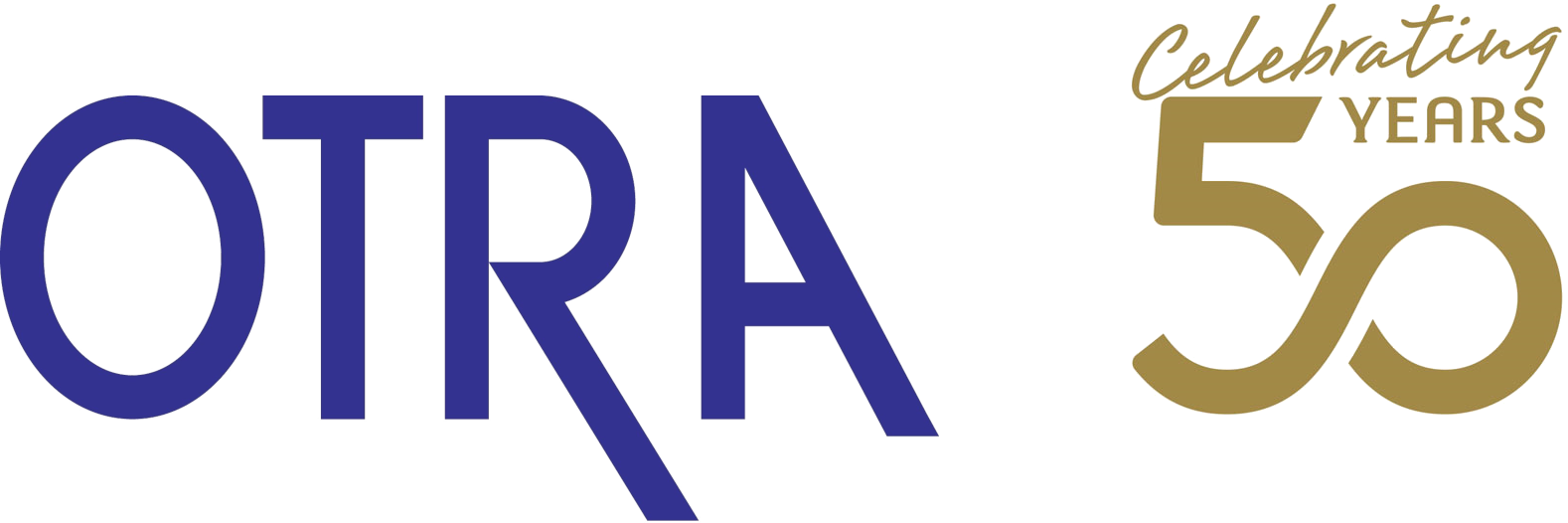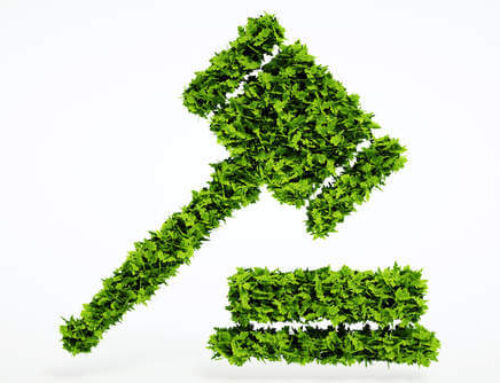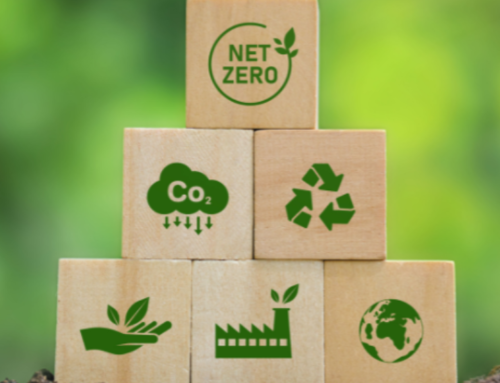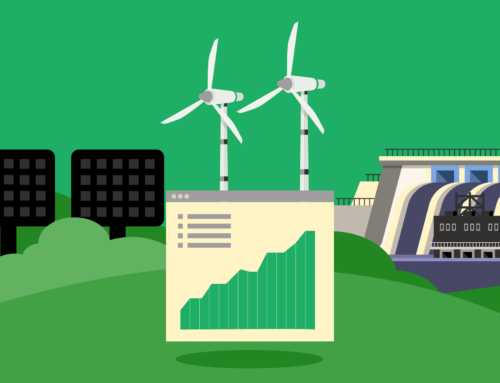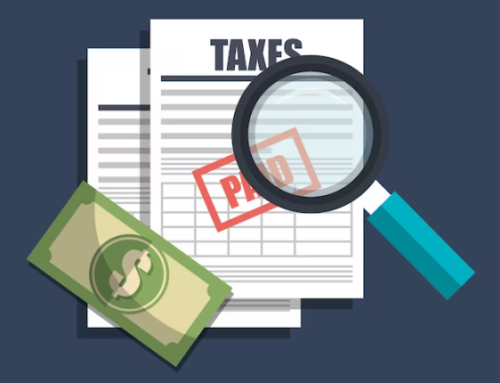Acceleration of carbon emission target
South Korea’s current Nationally Determined Contribution (NDC) under the Paris Agreement aims for a 40% reduction in greenhouse gas emissions by 2030 compared to 2018 levels. Furthermore, discussions are ongoing about accelerating Korea’s carbon emission reduction goals leading to lower free allocation of emission permits.
Although there is no official announcement yet, the South Korean government has acknowledged the need for potentially revising the target. In report “Plan for Carbon-neutral Public Sector” published in November 2023 calls for aiming for net-zero emissions in government operations by 2045, which is five years earlier than the national target. This suggests an acknowledgement of the need for faster progress.
Adoption of EU CBAM by 2026
Carbon Border Adjustment Mechanism (CBAM) planned to be adopted by European Union in order to level the playing field for EU manufacturers who face stricter carbon emission regulations.
Korean manufacturers of certain goods, particularly those with high carbon footprints like steel, aluminum, and cement, will likely face additional costs when exporting to the EU and may lose competitive advantage.
CBAM is currently in its transitional phase, which began in October 2023. During this time, companies are required to report on the embedded carbon in their products entering the EU. The full enforcement with potential trade measures kicks in from 2026.
Achieve carbon neutrality by widely adopting carbon-free energy and accelerating low-carbon transitions in transportation, buildings and industries. – Ministry of Finance of Korea on adopting to climate change.
Acceleration of carbon emission target and EU CBAM is expected to have significant financial impact on businesses in Korea and to have disruptive impact on business strategy.
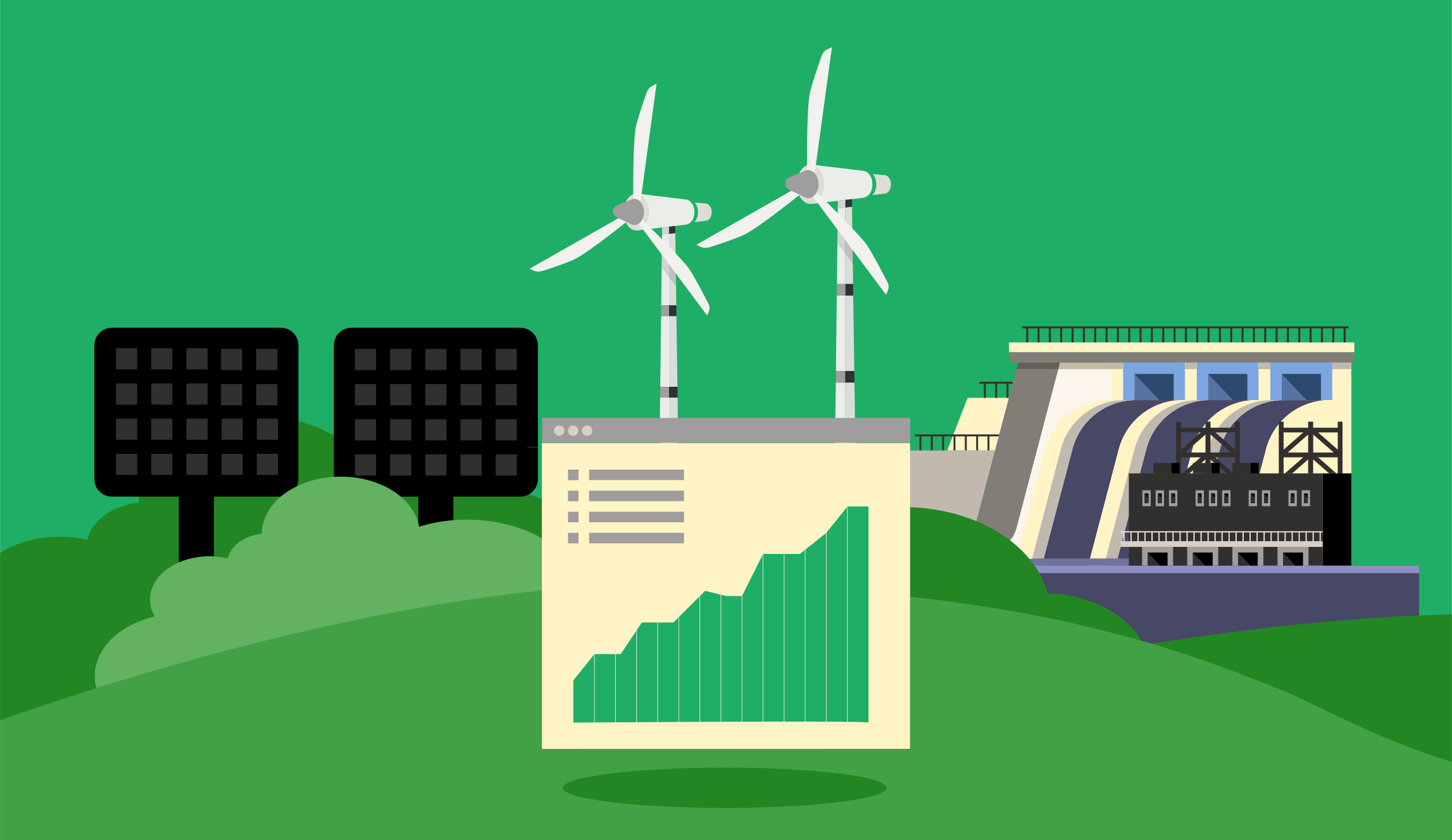
Stronger demand for Certified Emission Rights (CERs) expected
Driven by stricter regulations, domestic and International policy changes, and the growing importance of carbon neutrality pledges by companies, demand for certified emission rights is expected to increase. To comply with the regulations, companies would need to purchase more CERs to offset their emissions exceeding the free allocation.
Korean CERs market expected to grow
The anticipated rise in demand for CERs, coupled with a surge in demand for high-quality credits, could significantly bolster the Korean CER market, potentially leading to price increases.
Stricter regulations, policy changes, and corporate carbon neutrality pledges are expected to drive demand for certified emission rights (CERs) as companies need to purchase more to offset their emissions.
